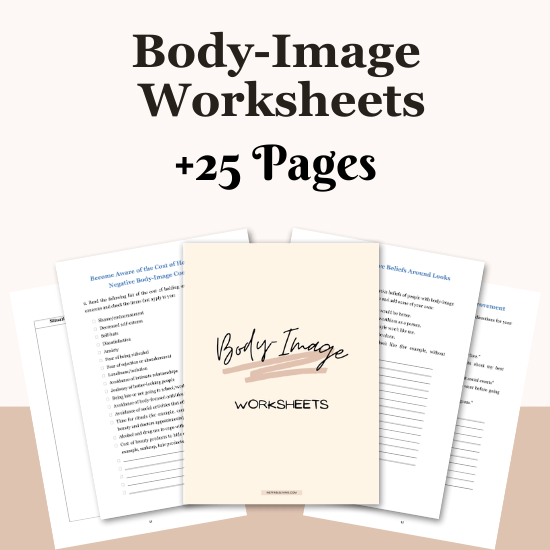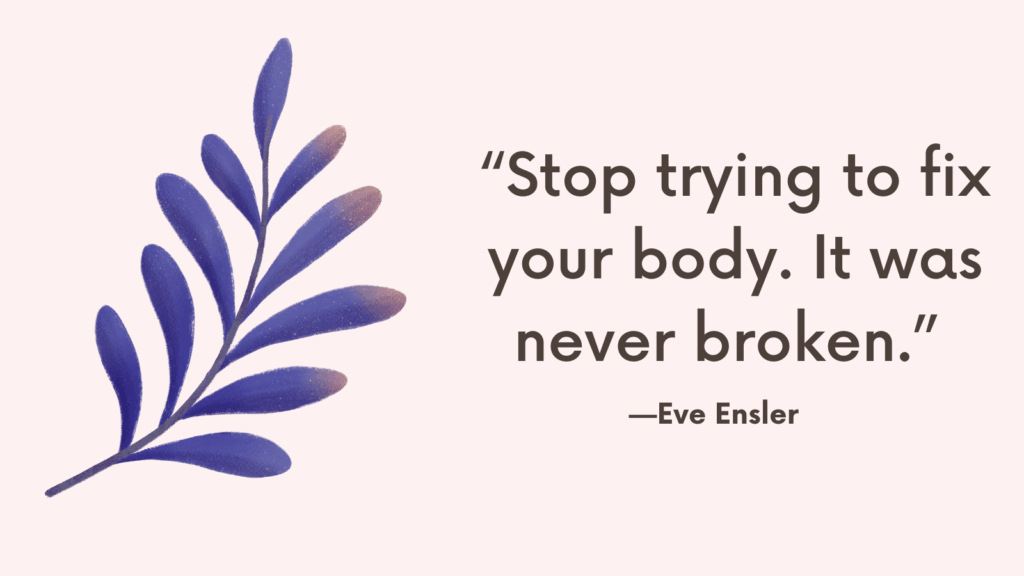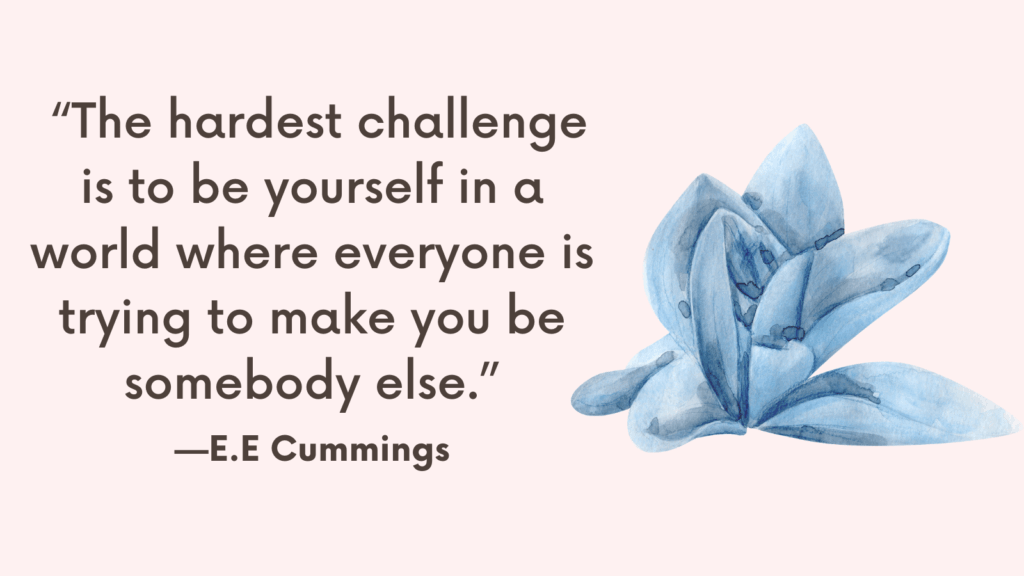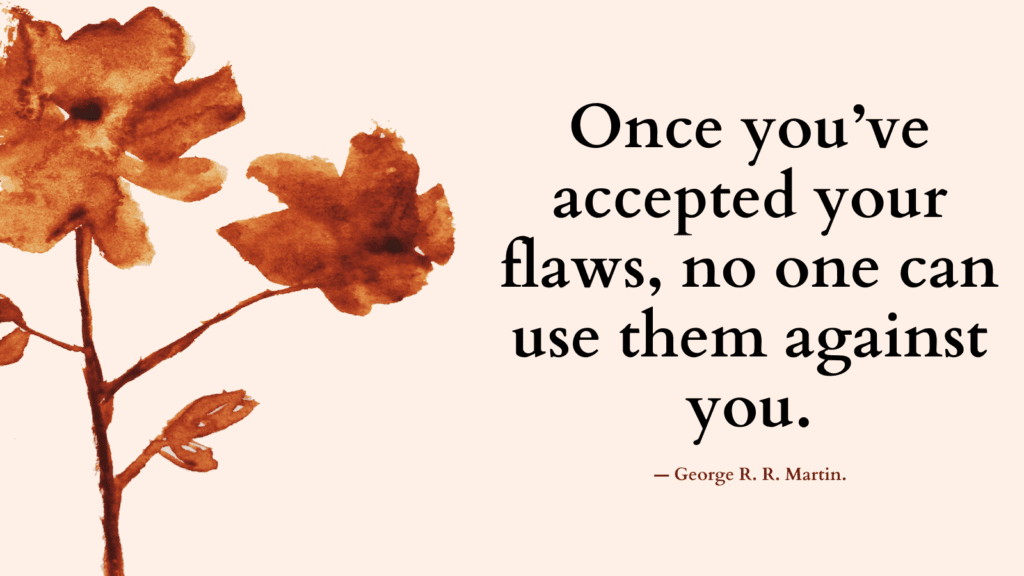Pregnancy transforms your body in powerful, visible, and often unexpected ways. After birth, you may find yourself in a body that feels unfamiliar — stretched, softer, scarred, slower. And while society pressures you to “bounce back,” the real healing comes from learning to reconnect with yourself, not erase what you’ve been through.
Your body just created life. It deserves respect, not shame. Here’s how to gently rebuild a relationship with your body after pregnancy.
Body Image After Pregnancy: How to Reconnect with Yourself?
1. Acknowledge That Your Body Has Changed — And That’s Okay
You are not returning to your “old” body — you’re moving forward in a new one.
Say:
- “This body has done something incredible.”
- “Change isn’t failure. It’s evidence of growth.”
Grieving your pre-pregnancy body is natural — but so is finding beauty and strength in your current one.
Related: Positive Body Image Quiz
2. Ditch the “Bounce Back” Narrative
There is no timeline. No gold standard. No “ideal” recovery shape.
Reject pressure to get smaller or erase what’s changed. Instead:
- Rest.
- Nourish.
- Move gently.
- Focus on healing, not shrinking.
Your body doesn’t need to “return” — it needs to be received.
3. Practice Gentle Mirror Work
You might want to avoid your reflection. But with intention, you can begin to see your body with more compassion.
Start small:
- Look at your eyes and say: “You are doing your best.”
- Touch your belly and say: “You made space for life.”
- Notice one area of gratitude: “Thank you, legs, for holding me.”
This isn’t about liking everything — it’s about softening your gaze.
4. Wear What Fits Now
Don’t punish yourself with clothes from the past. Your body has changed — so should your wardrobe.
Choose clothes that:
- Feel soft and supportive
- Make you feel safe and confident
- Allow you to move, feed, and breathe
Your worth isn’t tied to a size tag — it’s reflected in how you treat yourself.
Related: What Is A Distorted Self Image & How To Build A Positive One?
5. Move for Connection, Not Correction
Exercise after pregnancy isn’t about “getting your body back” — it’s about reclaiming your space inside it.
Try:
- Gentle stretching or yoga
- Walking with your baby
- Pelvic floor and core exercises (with guidance)
- Dancing in your kitchen
Move only when your body feels ready — and always with kindness.
6. Speak to Yourself Like You’re Sacred
Because you are. You’ve been through an intense physical and emotional experience.
Replace:
- “I hate how I look” → “I’m learning to feel safe here again”
- “My body is ruined” → “My body is recovering”
- “I’m not the same” → “I’ve grown — and that’s beautiful”
Healing begins with how you talk to yourself.
7. Disconnect from Toxic Social Media
Unfollow the “perfect post-baby body” influencers. Mute accounts that make you compare.
Follow voices that:
- Normalize real postpartum recovery
- Show diverse bodies
- Speak with honesty and gentleness
You deserve to be surrounded by truth — not pressure.
Related: Top 5 Body Dysmorphia Exercises (Cognitive Behavioral Therapy For BDD)
8. Reclaim Intimacy With Yourself
After pregnancy, intimacy (with yourself or a partner) might feel different. Start by simply being present in your body.
- Breathe into tension
- Touch your skin with care
- Take time for non-sexual self-care
You’re rebuilding trust — not rushing to feel “normal.”
9. Talk About It
You’re not alone if you feel grief, anger, pride, confusion, or all of the above.
Talk to:
- A therapist
- A postpartum support group
- A friend who gets it
Naming your experience out loud can soften the shame.
10. Celebrate What Your Body Can Do
Maybe it’s holding your baby. Breathing deeply. Getting stronger. Laughing. Healing.
Celebrate every small win, every act of care, every gentle step back into your body.
You’re not behind. You’re just becoming.
Related: Body-Focused Repetitive Behaviors: Skin Picking and Hair Pulling

Conclusion
Your postpartum body is not broken. It’s not wrong. It’s not less than.
It is healing, wise, and deserving of your care.
Reconnect with it slowly. Speak to it gently.
It’s not just the body that gave birth — it’s the body that’s still carrying you.



